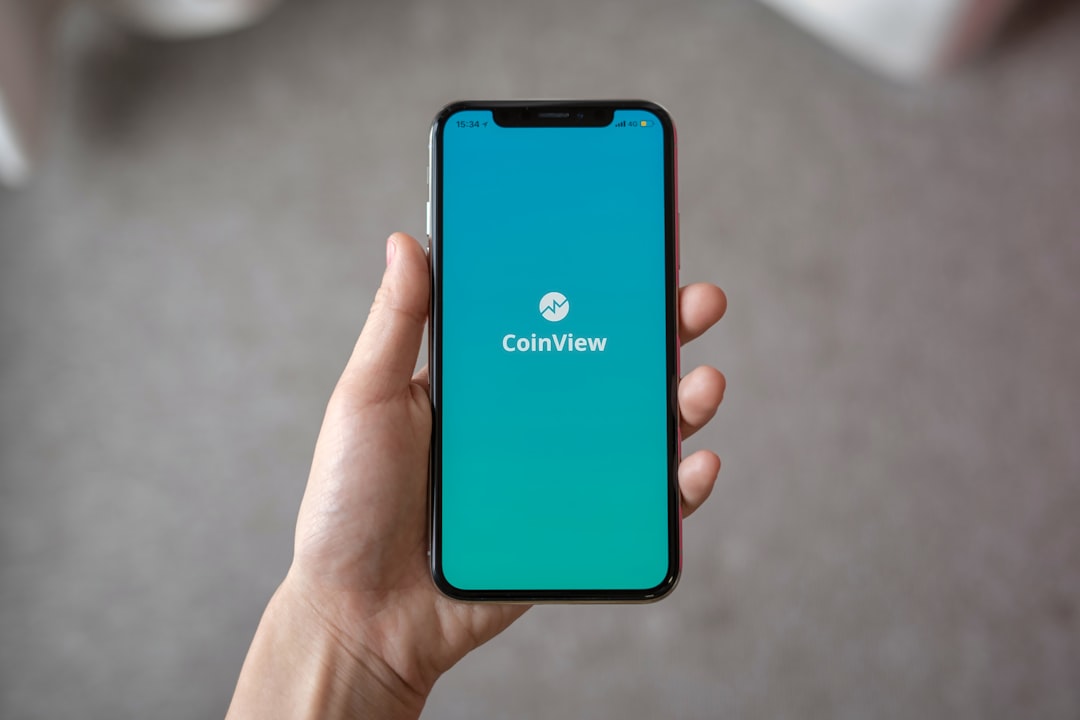The Fair Debt Collection Practices Act (FDCA/FDCPA) protects consumers in Houston and LA from abusive debt collection practices by setting ethical standards for collectors. Debtors have rights to verify debts, challenge misinformation, and receive clear communication. Legal action and compensation may be available if these rights are violated, with consultation from a lawyer specializing in LA debt collector law or FDCPA cases.
“Navigating the complex landscape of debt collection laws can be daunting, especially in a bustling metropolis like Houston. The Fair Debt Collection Practices Act (FDCA) serves as a crucible for protecting debtors’ rights against aggressive or unfair practices. This comprehensive guide delves into the intricacies of FDCA, highlighting the rights of Houston residents and the responsibilities of debt collectors under Texas law. From understanding when collection tactics cross the line to exploring legal recourse, this resource equips folks with knowledge to ensure their protections as consumers in today’s digital era.”
Understanding Fair Debt Collection Practices Act (FDCA)

The Fair Debt Collection Practices Act (FDCA) is a federal law designed to protect consumers from abusive, unfair, and deceptive practices by debt collectors. This legislation ensures that debt collection agencies adhere to ethical standards when attempting to recover money from individuals or businesses. The FDCA regulates how often and at what times debt collectors can contact you, requires them to verify the debt they are seeking, and bans the use of false or misleading information during collection efforts.
Understanding your rights under the FDCA is crucial, especially if you’re facing debt collection issues. If you believe a debt collector has violated your rights, consulting with a lawyer for debt collector in LA can help you navigate the legal process. These professionals are well-versed in the FDCA and can assist you in taking appropriate action, ensuring that your rights are protected throughout the debt collection process.
Rights of Debtors Under FDCA Laws in Houston

Debtors living in Houston, Texas, have specific rights protected by the Fair Debt Collection Practices Act (FDCA). This federal law sets guidelines for how debt collectors can interact with consumers, ensuring fairness and preventing abusive collection tactics. Under FDCA laws, debtors are entitled to verify the validity of their debt, challenge incorrect information, and receive clear and concise communication from collection agencies. They have the right to request validation in writing, which requires debt collectors to provide details about the debt, including the original creditor, amount, and how the debt became delinquent.
Additionally, Houston residents should be aware that debt collectors cannot harass, threaten, or use abusive language when attempting to collect a debt. They are prohibited from contacting individuals at inconvenient times or places, using false or misleading statements, and employing unfair practices like threatening legal action without intent to take action. If a debtor feels their rights have been violated by a collection agency, they can file a complaint with the Consumer Financial Protection Bureau (CFPB) and potentially seek legal counsel from a lawyer for debt collector in LA to understand their options and pursue appropriate remedies under FDCA laws.
Responsibilities of Debt Collectors in Texas

In Texas, debt collectors operating within the state are subject to the Fair Debt Collection Practices Act (FDCPA), which outlines their responsibilities and restricts certain practices. These collectors must adhere to fair and ethical standards when attempting to recover debts, ensuring they treat consumers with respect and provide accurate information. They are required to identify themselves as debt collectors and inform individuals of their right to dispute the debt’s validity.
Debt collectors in Houston, LA, and across Texas have a duty not to use abusive, oppressive, or misleading tactics. This includes making false representations about the debt, using obscene language, or threatening violence. They must also respect consumers’ privacy rights, obtain proper authorization before contacting third parties regarding the debt, and cease collection efforts if requested, provided that the request is valid and in writing. Any violations of these FDCPA regulations may lead to legal repercussions, including potential lawsuits filed by affected consumers, particularly when a consumer has retained a lawyer for debt collector representation.
When Is Unfair Debt Collection a Violation?

Unfair debt collection practices can violate the Fair Debt Collection Practices Act (FDCPA), a federal law designed to protect consumers from aggressive or harassing collection tactics. While legitimate debt collectors have the right to contact debtors and discuss payment options, they must adhere to certain guidelines. A lawyer for a debt collector in LA should be well-versed in these rules to ensure compliance.
Violations occur when collection agents use false or deceptive means to collect debts, such as pretending to be from a government agency or threatening legal action without intent to do so. Harassing behavior, like repeated phone calls with abusive language, is also illegal. Additionally, collectors cannot contact debtors at unreasonable times or places, such as before 8 a.m. or after 9 p.m., or when the debtor is known to be asleep.
Legal Recourse for Harmed Consumers: A Guide

If you’ve been harmed by unfair or illegal debt collection practices in Houston, it’s crucial to know that legal recourse is available. The Fair Debt Collection Practices Act (FDCPA) was enacted to protect consumers from aggressive and deceptive tactics used by debt collectors. If a lawyer for a debt collector has violated your rights under this act, you may be entitled to compensation for any damages incurred, including emotional distress or unfair collection efforts.
In the event of such violations, it’s important to consult with an experienced attorney who specializes in consumer rights and FDCPA cases. They can guide you through the legal process, help gather evidence, and negotiate with debt collectors on your behalf. Don’t hesitate to reach out for assistance—knowing your rights and taking action is essential to ensuring that debt collection activities are conducted fairly and ethically, especially in the LA area where laws governing such practices are strictly enforced.






